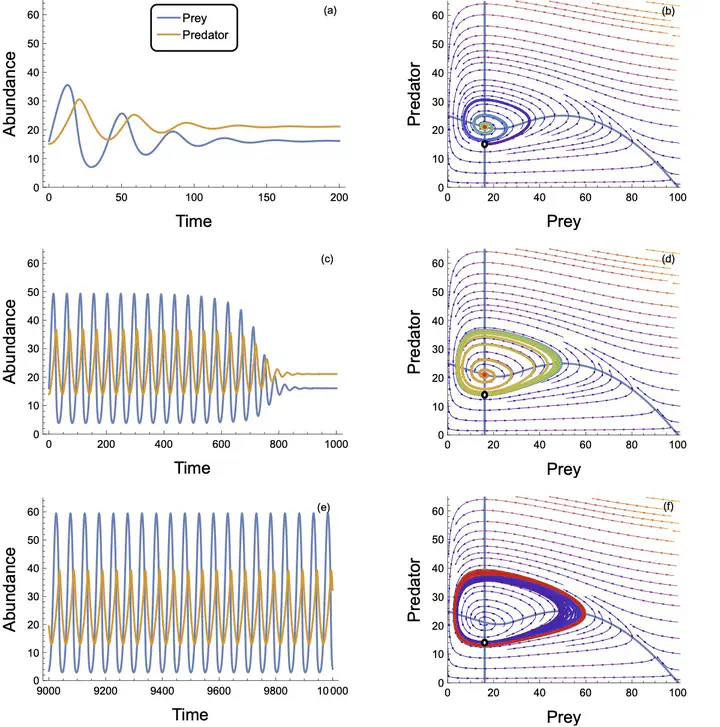Feeding on multiple prey at a time: The frequency and population-dynamic effects of functional-response linearity

Abstract
Ecologists differ in the degree to which they consider the linear Type I functional response to be an unrealistic versus sufficient representation of predator feeding rates. Empiricists tend to consider it unsuitably non-mechanistic and theoreticians tend to consider it necessarily simple. Holling’s original rectilinear model is dismissed by satisfying neither desire, with most compromising on the smoothly saturating Type II response for which searching and handling are assumed to be mutually exclusive activities. We derive a “multiple-prey-at-a-time” functional response and a generalization that includes the Type III to reflect predators that can continue to search when handling an arbitrary number of already-captured prey. The multi-prey model clarifies the empirical relevance of Holling’s linear and rectilinear models and the conditions under which linearity can be a mechanistically-reasoned description of predator feeding rates, even when handling times are long. We find support for the presence of linearity in 35% of 2,591 compiled empirical datasets, and find evidence that larger predator-prey body-mass ratios permit predators to search while handling greater numbers of prey. Incorporating the multi-prey response into the Rosenzweig-MacArthur population-dynamics model reveals that a non-exclusivity of searching and handling can lead to coexistence states and dynamics that are not anticipated by theory built on Holling’s traditional models. In particular, it can lead to bistable fixed-point and limit-cycle dynamics with long-term crawl-by transients between them under conditions where abundance ratios reflect top-heavy food webs and the functional response is linear. We conclude that functional response linearity should not be considered empirically unrealistic but also that that more bounded conclusions should be drawn in theory presuming the Type I to be appropriate.